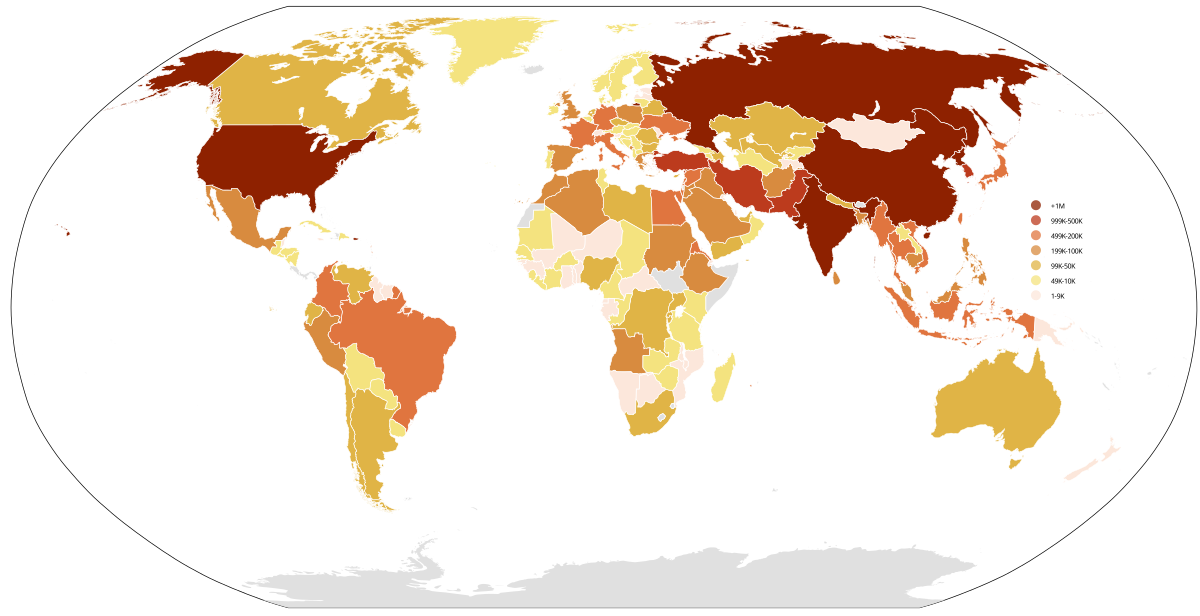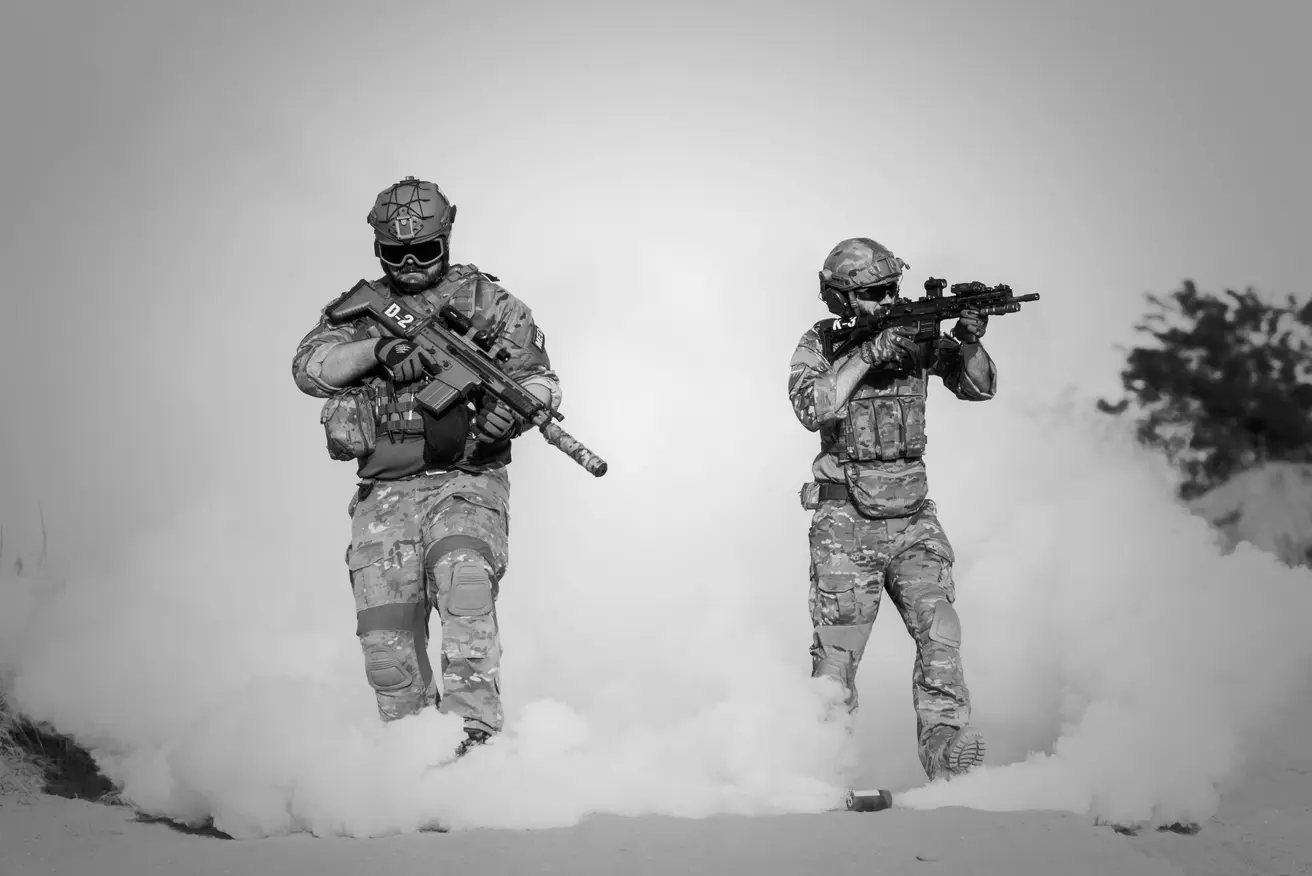The Role of the Secret Service
The United States Secret Service is a federal law enforcement agency under the Department of Homeland Security. Established in 1865, its original mission was to combat the counterfeiting of U.S. currency. Today, the Secret Service’s duties are divided into two main categories: protection and investigation.
The most well-known role of the Secret Service is its protective mission. Agents are tasked with safeguarding the President, Vice President, their immediate families, visiting foreign dignitaries, and other high-profile individuals. This protection extends to the White House, the Vice President’s residence, foreign embassies, and other designated locations.
In addition to protection, the Secret Service is heavily involved in investigating financial crimes. This includes counterfeiting, credit card fraud, cybercrime, and other types of financial fraud. The agency’s dual mission ensures a broad scope of responsibilities and requires a diverse set of skills from its agents.
Basic Eligibility Requirements
The process of becoming a Secret Service agent is highly competitive and rigorous. Meeting the basic eligibility requirements is the first step in this process:
- U.S. Citizenship
- Minimum age of 21 and maximum age of 37 at the time of appointment
- Possession of a valid driver’s license
- No disqualifying criminal or financial history
- Willingness to relocate and work irregular hours, including weekends and holidays
- Capacity to qualify for a Top Secret security clearance
Educational and Experience Prerequisites
While the basic eligibility requirements are essential, educational qualifications and experience can greatly enhance an applicant’s chances of being selected. Typically, the Secret Service looks for candidates with at least a bachelor’s degree from an accredited institution. Preferred fields of study include criminal justice, law enforcement, and finance, but degrees in other areas are also considered.
In addition to education, relevant work experience can significantly impact an applicant’s candidacy. Military service, law enforcement background, computer forensics, and financial crime investigation are highly valued experiences. Fluency in foreign languages can also be an asset, particularly for roles that involve international assignments or engagements.
The Application Process
The application process for the Secret Service is extensive and multifaceted. It includes several key stages, each designed to assess different aspects of a candidate’s suitability for the role:
- Online Application: The first step involves submitting an online application through the USAJOBS website, where candidates provide detailed information about their background, education, and experience.
- Written Exam: Qualified applicants are invited to take the Special Agent Entrance Exam (SAEE), which tests reasoning, language, and investigative skills.
- Interview: Successful candidates from the written exam proceed to a panel interview, where they are assessed on their interpersonal skills, communication abilities, and overall suitability for the role.
- Polygraph Examination: Passing the interview stage leads to a polygraph examination to ensure the honesty and integrity of the candidate.
- Background Investigation: A thorough background check is conducted to verify the candidate’s history and suitability for a Top Secret security clearance.
- Medical Examination: Candidates must undergo a comprehensive medical examination to ensure they are physically fit for duty.
- Physical Fitness Test: A physical fitness test assesses the candidate’s capability to meet the physical demands of the job.
- Final Job Offer: Upon successful completion of all stages, candidates receive a final job offer and begin their training at the Secret Service’s James J. Rowley Training Center.
Training and Development
Training for Secret Service agents is both intensive and comprehensive, aimed at preparing them for the multifaceted nature of their job. The training program is divided into basic and specialized training.
Initial basic training lasts for approximately six months and covers a wide range of topics, including legal studies, firearms training, physical fitness, and protective methodologies. Trainees are exposed to simulations and practical exercises that mimic real-life scenarios.
After completing basic training, agents undergo specialized training in their assigned areas. For instance, agents focusing on investigations will receive additional instruction in forensic accounting, cybercrime investigation, and other relevant areas. Those in protective roles will undergo extensive training in defensive driving, emergency medical response, and advanced protective techniques.
Ongoing Professional Development
Learning and development do not stop after initial training. The Secret Service places a strong emphasis on continuous professional development. Agents are encouraged to take advanced courses and attend workshops to hone their skills and stay updated on the latest developments in law enforcement and protection strategies.
Moreover, agents may have the opportunity to specialize in particular fields, such as computer forensics, polygraph examination, or criminal intelligence. Specializations can lead to advanced career opportunities and important roles within the agency.
Challenges and Rewards
Working as a Secret Service agent comes with its own set of unique challenges. The nature of the job requires agents to maintain a high level of vigilance and readiness at all times. The irregular hours, frequent travel, and potential exposure to dangerous situations can be physically and mentally demanding.
However, the rewards of being a Secret Service agent are equally significant. The opportunity to protect national leaders, contribute to national security, and tackle sophisticated financial crimes provides a profound sense of accomplishment and purpose. The Secret Service offers competitive compensation packages, comprehensive benefits, and a sense of camaraderie among its agents.
Despite the demanding selection process and the challenges of the role, a career with the Secret Service represents a prestigious and fulfilling opportunity for those committed to excellence, integrity, and service.









